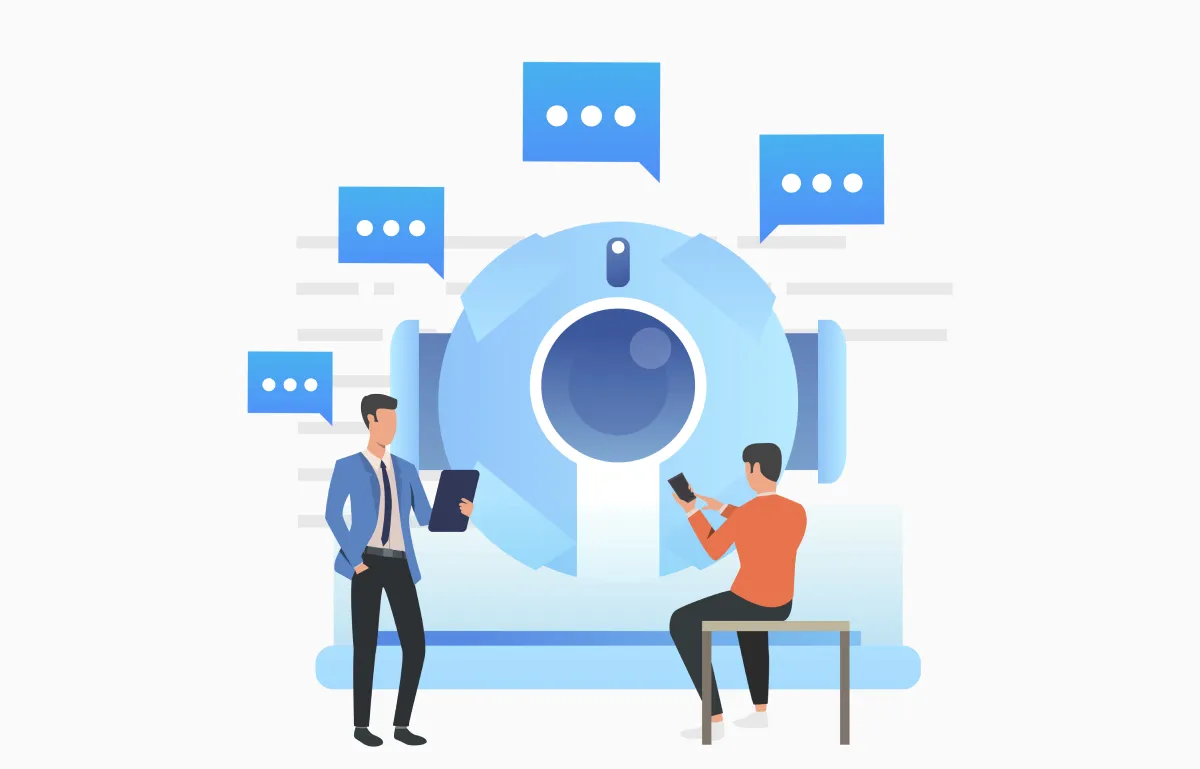From Support to Strategy: How AI Is Redefining Customer Interaction
Technology in customer service is shifting from reactive solutions to proactive, intelligent systems. Instead of traditional call centers overwhelmed by tickets and long wait times, businesses now turn to smart tools that understand language, predict needs, and solve problems in real time.
The Evolution of Digital Support
Nearly 67 percent of consumers expect immediate assistance when they contact a brand, according to Salesforce. Five years ago, quick replies were a competitive advantage. Today they are a basic expectation. This shift has pushed companies to rethink how they communicate.
What Changed in Customer Expectations
- Immediate answers across multiple channels
- Personalized recommendations based on previous interactions
- Consistent tone and knowledge regardless of time or location
- Self-service options without losing human-like conversation
With rising expectations comes rising pressure on support teams. That is why many organizations are integrating intelligent technologies to scale communication.
What a Conversational AI Platform Brings to the Table
A conversational AI platform allows businesses to simulate human conversation across websites, apps, voice assistants, and messaging tools. It learns from previous interactions, understands context, and improves over time. Instead of scripted responses, it uses natural language processing to generate meaningful replies.
Core Advantages
| Feature | Business Benefit |
| Natural language processing | Understands user intent beyond keywords |
| Integration with CRM and ERP | Provides account info, orders, billing data instantly |
| Omnichannel support | Works across chat, email, SMS, voice, and mobile apps |
| Continuous learning | Improves responses based on new data and user behavior |
Companies using intelligent conversational systems report up to 40 percent reduction in response time and a 25 percent increase in customer satisfaction.
Rise of the AI Customer Service Agent
The AI customer service agent is no longer a futuristic concept. It acts as the first line of communication, handling routine queries, directing complex ones to human agents, and collecting valuable insights.
What These Agents Can Do
- Answer frequently asked questions about shipping, billing, or account access
- Detect customer mood through language and tone
- Suggest products or services based on browsing or purchase history
- Schedule appointments or process returns without human involvement
According to IBM, businesses can save up to 30 percent on customer support costs by implementing AI agents for everyday inquiries.
Statistics Proving the Shift
| Metric | Before AI | After AI Integration |
| Average reply time | 10 minutes | Under 1 minute |
| First contact resolution rate | 60 percent | 82 percent |
| Support cost per interaction | $6 | $2 to $3 |
| Customer satisfaction score | 78 percent | 88 percent |
| Percentage of automated conversations | 0 to 5 percent | 35 to 50 percent |
Why Businesses Adopt These Technologies
Increased Efficiency
AI handles thousands of conversations at once with consistent accuracy, freeing up human agents for complex issues.
Better Customer Retention
When customers feel heard and helped quickly, they are more likely to stay loyal. Research from Bain & Company states that increasing customer retention by just 5 percent can boost profits by 25 to 95 percent.
Data-Driven Decisions
AI systems collect structured data from every conversation, helping companies understand pain points, product issues, or popular requests.
Real-World Use Cases
| Industry | Example of Implementation |
| Banking | Automated balance checks, card blocking, loan inquiries |
| Healthcare | Appointment scheduling and medication reminders |
| Ecommerce | Order tracking, size guide assistance, personalized offers |
| Travel | Flight changes, digital boarding passes, hotel recommendations |
Future Trends to Watch
Voice-Enabled Support
More users prefer speaking to devices instead of typing. By 2026, voice commerce is expected to exceed 30 billion dollars globally.
Predictive Customer Service
AI will not just answer questions but anticipate them. For example, notifying a customer about a delayed shipment before they ask.
Emotionally Intelligent AI
New models are being trained to recognize frustration, confusion, or satisfaction through tone and phrasing, allowing more empathetic responses.
Conclusion
Smart conversation systems are changing the relationship between businesses and customers. They are no longer just a tool to cut costs. They help companies build trust, deliver personalized interactions, and make data-informed decisions. Whether through chat, voice, or mobile apps, AI driven communication is becoming a central part of modern customer experience.

Leave a Reply